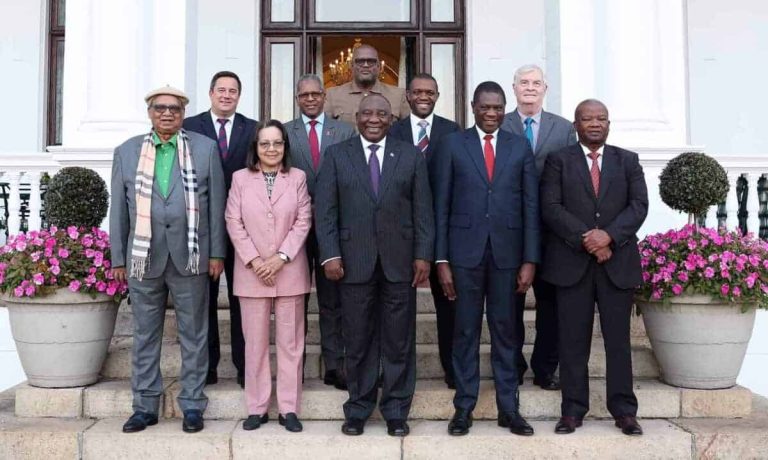
The Nigerian Ports Authority (NPA) has announced plans to roll out its Port Community System (PCS) in the first quarter of 2026, a major step toward creating a globally competitive, technology-driven port environment designed to improve trade facilitation and attract increased investment.
NPA Managing Director, Abubakar Dantsoho, revealed the initiative during a presentation titled “Optimising Nigeria’s Port Infrastructure, Enhancing Trade Facilitation and Global Competitiveness” at the ongoing United Nations General Assembly (UNGA).
The PCS will serve as a comprehensive digital platform connecting all port stakeholders, streamlining data, and managing transactions to boost the authority’s digital footprint and operational efficiency.
“We are committed to leveraging digital technologies to foster collaboration and improve port operations,” Dantsoho said. “This platform is expected to go live in the first quarter of 2026.”
Highlighting recent progress, Dantsoho noted that efficiency improvements at Nigerian seaports helped drive a 19.6 percent increase in non-oil exports in the first half of 2025. The shift toward paperless processes has also played a crucial role in reducing operational waste.
To enhance traffic flow and security, the NPA has deployed a new electronic barrier system at all Lagos port complex terminals, integrated with the Eto electronic call-up system, a collaborative truck entry management solution that eases congestion.
Further digital innovations are underway, including e-tag verification and joint boarding applications, aimed at speeding up cargo processing and reducing container dwell time.
On sustainability, Dantsoho emphasized the authority’s focus on improving intermodal connectivity by automating barge, truck, and railway operations to lower reliance on road transport and reduce emissions.
The NPA is also spearheading efforts to cut shore-to-ship emissions, starting with Lekki Port, and has introduced a one-stop shop (OSS) platform to streamline approvals related to refined oil exports and local crude payments, boosting government revenue collection.
Dantsoho also highlighted the strategic importance of the Lekki Deep Seaport, capable of handling super post-panamax vessels, as a key driver for achieving economies of scale and improving Nigeria’s export competitiveness.
To support expanding operations, the NPA has commissioned a modern fleet of tug boats and marine crafts serving the Lekki deep seaport, the Dangote Refinery the world’s largest single-train refinery and the continent’s largest granulated urea fertiliser plant operated by Dangote Fertiliser.
The managing director reiterated NPA’s commitment to modernising seaport infrastructure and enhancing service delivery to support Nigeria’s position as a regional maritime hub.



